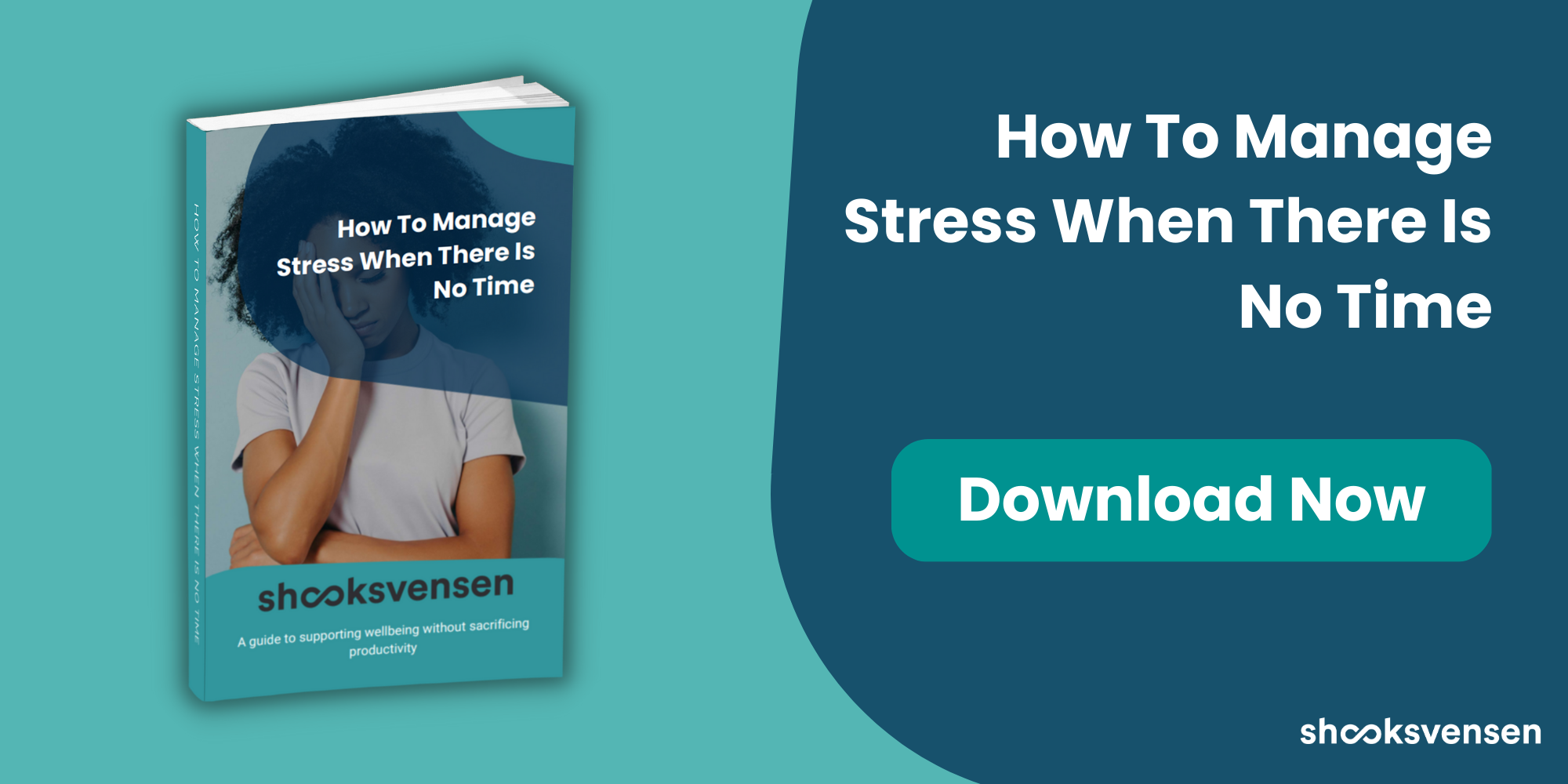
Why can’t I keep the promises I make to myself?
Yara wanted to improve her health and she decided to start by improving her diet and getting more sleep. But there were times when her resolve disappeared and she succumbed to her worst habits like eating late at night and spending useless hours scrolling on her phone.
She noticed that she was particularly prone to bad habits after a difficult day – for example on a day when her boss was overly critical and she felt like she was failing in her job, when she felt envious of her friends’ social media posts, the world news depressed her, and when she was reminded about her ex who had recently broken up with her.
We will break promises to ourselves when we’re stressed
All of us are likely to lose our resolve when we are tired and stressed. That’s just how our brains work.
In short, it’s because the “executive function” of the brain that provides discipline is out of power. All day long, the executive function expends energy helping us do our job and keeping our cool in the face of challenging situations. Unfortunately, this part of the brain is also in charge of self-discipline and if it’s wiped out at the end of a day, we can’t expect it to keep us true to the promises we made to ourselves when we felt fresh and vibrant.
It’s a lot like a mobile phone battery – when it’s used up, it needs to be charged up again, otherwise, it just won’t provide the energy we need to avoid our favourite indulgences.
Create a stress budget
Understanding this simple dynamic can help you strengthen your self-discipline and support the habits you want to develop. Paying attention to your daily stressors is the first step. Think of it as developing a stress budget or emotional budget.
When you know a day is going to be particularly stressful (or emotional) – for example, you know you have some challenging conversations scheduled, you have a high-profile presentation or a big deadline coming up – you can expect that your brain’s executive function battery will be weak by the end of the day. That’s not the time to expect yourself to be disciplined.
This is emotional intelligence in action, and you can develop it
To ensure that you have enough brain power at the end of the day, consider organising your days with a stress budget in mind. This just means managing the amount of stress/pressure/emotions you encounter in a day – at least for things within your control. And similar to financial budgets, you might need to save a little for unexpected stressors as well.
Consider some of these steps to preserve your brainpower and access to discipline on particularly stressful days:
- Skip the news that day.
- Don’t call/text with the people who irritate you.
- Don’t pile up several stressful or emotional events in one day – if you have a big presentation in the morning, don’t schedule challenging feedback conversations that afternoon and plan on dealing with difficult personal matters in the evening.
- Don’t tempt yourself with the things that support your old, bad habits – whether that’s food, drinks or social media.
- Ask others to support you – find an accountability buddy who also wants to be more disciplined about something and keep in contact with them. Social contact can be very helpful to your mental robustness.
- Exercise in the morning or midday while you still have the discipline to follow through – not only will you get your exercise in, the exercise itself will boost your brain power for the rest of the day.
On learning these tips, Yara made some changes that supported her desire to be healthier. She found better ways to interact with her boss and only scheduled meetings with him in the morning (when he was usually more in control of himself). When possible, she had feedback sessions or difficult conversations early in the day and early in the week when she and others were more resilient. She started going out for walks at lunch to recharge. She limited her access to news to 30 minutes and limited her overall screentime each day. At night, she put her phone away in another room so she was not tempted to look at it after she went to bed. She also stopped buying the snacks she would indulge in late at night but with all of the other practices, she found that she really didn’t miss them.
Check out our Guide: How to Manage Stress when there is no time below:
 What’s wrong with having expectations?Appreciate someone – just to see their face light up
What’s wrong with having expectations?Appreciate someone – just to see their face light up